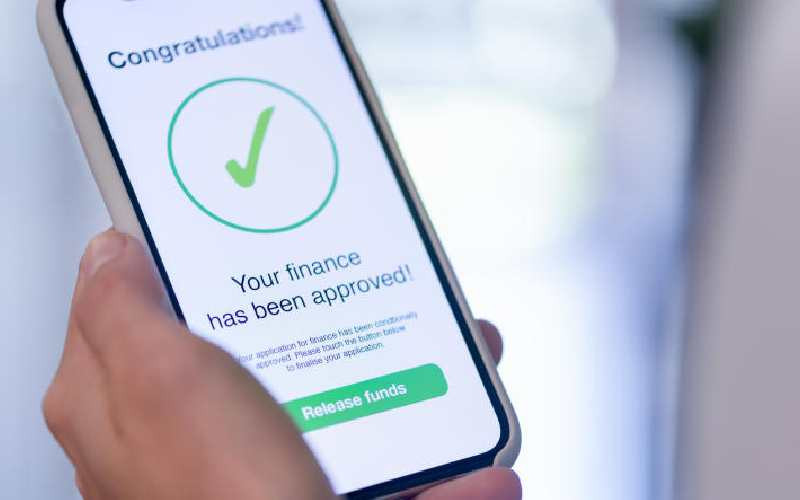×
The Standard e-Paper
Fearless, Trusted News

Digital lenders are facing millions of shillings in penalties for non-compliance with the Data Protection Act, 2019.
The Office of the Data Protection Commissioner (ODPC) has embarked on an audit of 40 digital lenders following complaints from members of the public over the entities' use of their data.